Over 80 distilleries will convene in Sydney for the inaugural NSW & ACT Distillers Conference, marking the launch of Spirits NSW — a unified platform for advocacy, trade, tourism, and industry development. The initiative aims to strengthen the sector’s voice, support export and tourism growth, and create long-term economic impact.
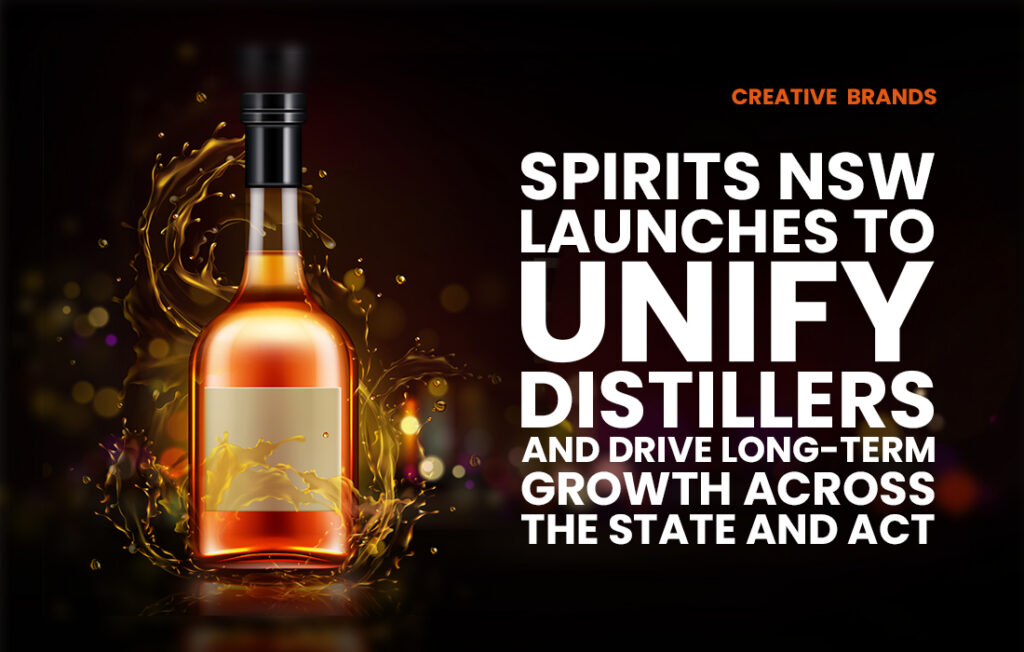
The Australian spirits industry is preparing for a defining moment as more than 80 distilleries from New South Wales (NSW) and the Australian Capital Territory (ACT) gather at the Park Hyatt Sydney for the first NSW & ACT Distillers Conference on Tuesday, 25 November. The one-day event marks the formal launch of Spirits NSW, a statewide platform designed to unify the voices of craft distillers and strengthen their influence across government, trade, tourism and export markets. In an industry that has expanded rapidly over the past decade yet continues to battle heavy taxation and fragmented representation, the new platform is being positioned as a landmark step toward long-term commercial growth and recognition.
Delegates attending the conference will include policymakers, hospitality leaders, trade partners and tourism champions, reflecting the far-reaching footprint of craft spirits across multiple sectors. For an industry that contributes AU$15.5 billion to the national economy annually, supports more than 100,000 jobs and attracts 3.5 million visitors a year to its distilleries, the gathering is also an opportunity to assert the collective economic and cultural value of Australian spirits. With more than 160 distilleries now operating across NSW and the ACT, the moment for coordinated action has never been stronger.
At the centre of the new initiative is the resolve to present a unified message. Christian Young, president of the NSW & ACT Distillers Association, says the primary objective of Spirits NSW is to give distillers a credible and consolidated platform. He believes that while the industry has thrived in innovation and consumer demand, much of its advocacy and communication has been dispersed across multiple small producers operating independently. “Spirits NSW allows us to present a coordinated, consistent and credible voice,” Young says. “It strengthens our position with government, trade, media and tourism, and helps us build long-term outcomes for members. It ensures our industry speaks with one strong voice and is recognised as a serious contributor to the state’s economy.”
The platform aims to spearhead engagement across several streams, including regulatory advocacy, spirits tourism, safety and workforce development, trade promotion and regional branding. Industry insiders say that one of its most urgent priorities will be confronting the tax landscape. The spirits sector in Australia pays the third-highest tax rate in the world, and it rises twice a year. Many in the industry have repeatedly called the structure discriminatory when compared to taxation levied on wine and beer. Smaller distilleries, particularly in regional communities, have argued that the escalating levy restricts growth, hiring and innovation, and reduces the ability to reinvest in local economies. A unified voice, they say, offers far greater leverage to push for meaningful reform.
The choice of Michael Rodrigues, NSW’s first 24-hour economy commissioner, as the conference keynote speaker underscores the importance of the spirits sector to the broader hospitality and tourism landscape. Rodrigues has been central to NSW’s strategy to grow nightlife, cultural programs and visitor spending across the state. Distilleries are increasingly making their mark on tourism itineraries, regional economies and food-and-drink experiences, with many producers investing in destination-style venues that include restaurants, bars and accommodation. As consumer curiosity about provenance and craft deepens globally, Australian spirits—once niche—are now commanding international attention.
Vice-president of the NSW & ACT Distillers Association, Eddie Brook, says demand for locally bottled spirits is rising consistently across domestic and overseas markets. “Across the state, distillers are innovating, expanding and earning national and international recognition,” he explains. “But to truly unlock the commercial and tourism potential of our state, we need to move forward with a unified voice. Spirits NSW creates that platform enabling stronger branding, coordinated industry development, and the kind of high-value trade partnerships that will support long-term growth.”
Brook’s comments reflect broader export sentiment. The Australian spirits sector has reported 69% export growth over the past decade, supported by global consumer interest in premium craft spirits and unique regional expressions. Australian whisky, gin and rum in particular have carved out a strong position in global competitions, while agave spirits, native botanical-driven distillation and regenerative farming practices are emerging as new areas of competitive distinction. Producers at the conference are expected to discuss not only brand and trade strategies but also the importance of sustainability messaging, authenticity, market diversification and protection of local identity.
Despite the optimism, distillers agree that scale remains a challenge. Small-batch producers face steep operational costs, limited access to capital and long maturation periods for certain spirits, all while competing against multinational giants with deep distribution networks. The burden of high taxation further reduces their ability to scale. Spirits NSW will provide an industry-wide channel for knowledge sharing, collaborative training and programs aimed at building skilled workforces—areas where many small distilleries struggle independently. For regional towns that rely heavily on tourism and local business employment, the support could be transformative.
The conference comes at a time when public appetite for artisanal products continues to surge. Drinkers increasingly seek traceability, craftsmanship and regional storytelling—qualities that Australian distillers have mastered with creativity rooted in native botanicals, environmental stewardship and local heritage. Yet industry leaders are aware that long-term growth will depend not only on product excellence but also on the ability to shape consumer perceptions and negotiate effectively with government. The launch of Spirits NSW, they say, ushers in a new era of professionalism, visibility and collective decision-making.
Among distillers, there is strong hope that the platform will raise recognition for the industry as a serious economic force rather than a novelty niche. For many businesses, distilling is not only a craft but an anchor of rural development, agricultural partnerships and regional tourism. The creation of Spirits NSW is expected to catalyse partnerships with councils, tourism boards, hospitality groups and international trade bodies, helping build sustained economic benefit across communities.
As the conference prepares to open at the Park Hyatt Sydney, an undercurrent of optimism surrounds the gathering. The ambition is not only to share experiences and celebrate the industry’s achievements but also to outline a unified path forward—one where legislative influence, trade competitiveness, tourism visibility and workforce development are approached collaboratively rather than individually.
The launch of Spirits NSW signals that the industry has reached a pivotal stage in its growth—maturing from a constellation of passionate small producers to a strategically coordinated sector ready to compete on national and global stages. For Australian distillers, this is more than an association rebrand; it is an affirmation of identity, a commitment to advocacy and a blueprint for sustainable success. The next chapter for spirits in NSW and the ACT will be shaped not just by the alchemy inside the stills but by the collective strength of voices standing behind them.
Discover more from Creative Brands Mag
Subscribe to get the latest posts sent to your email.


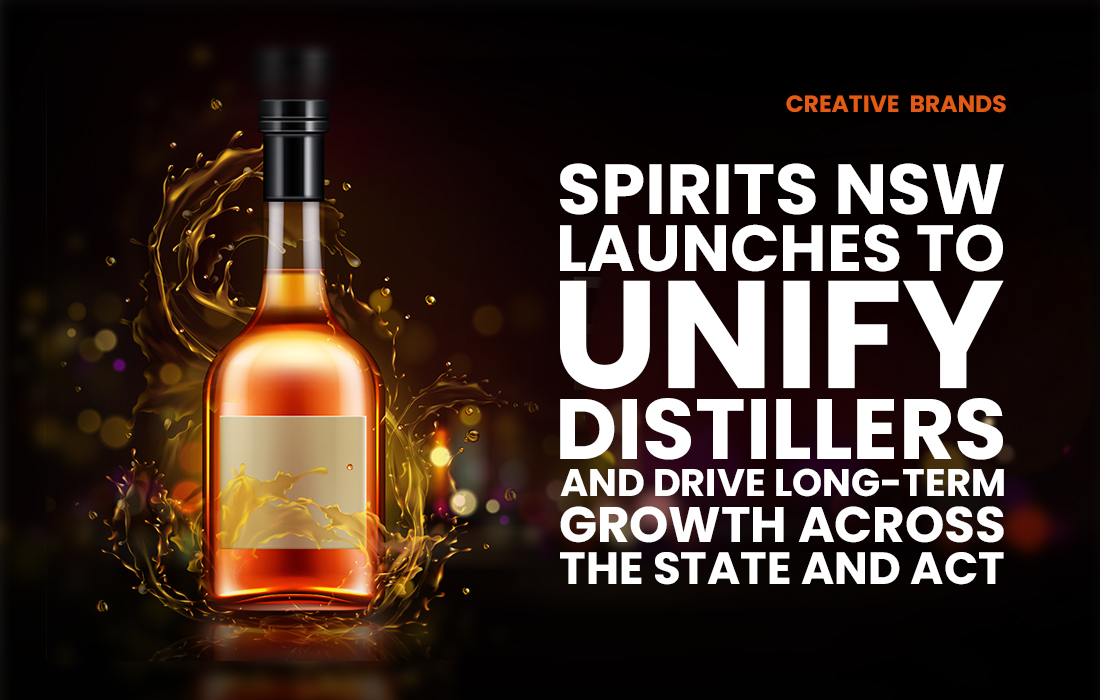

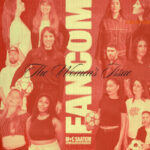

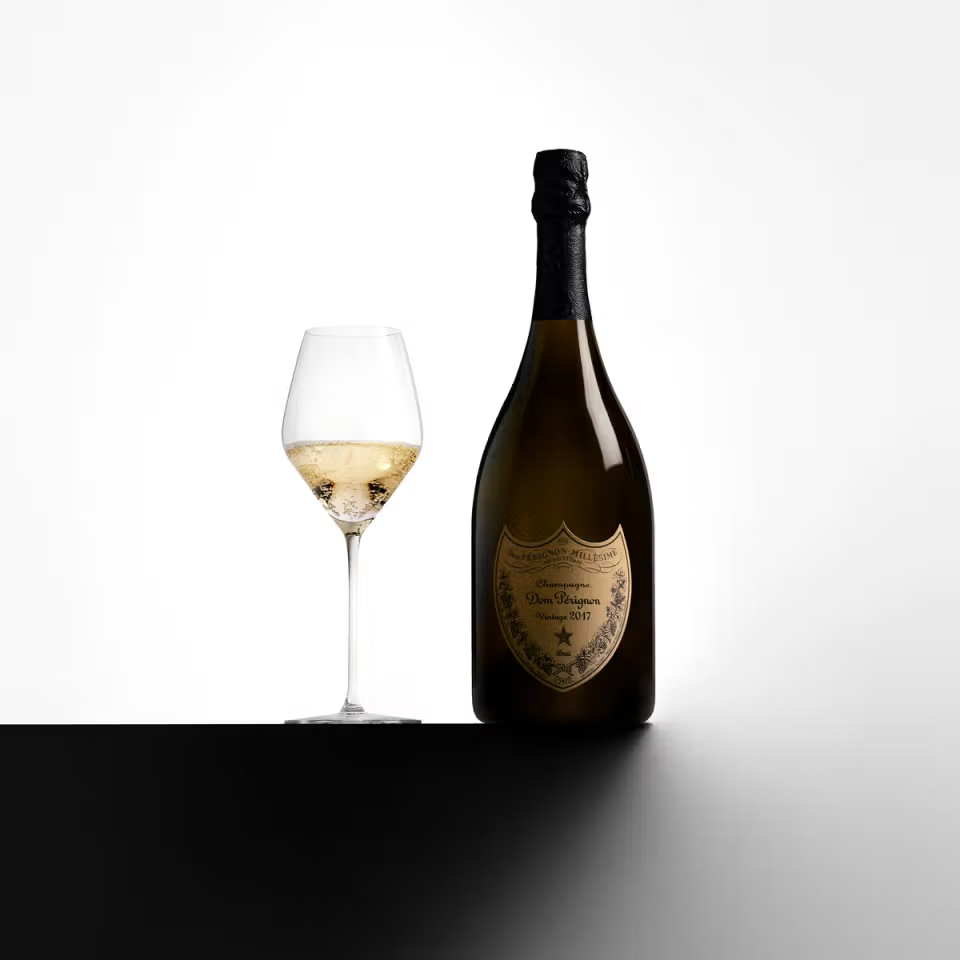
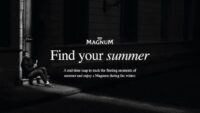
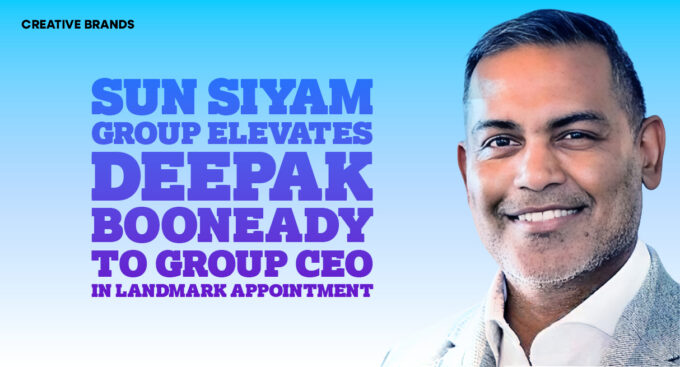





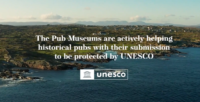

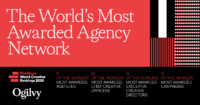
Leave a comment